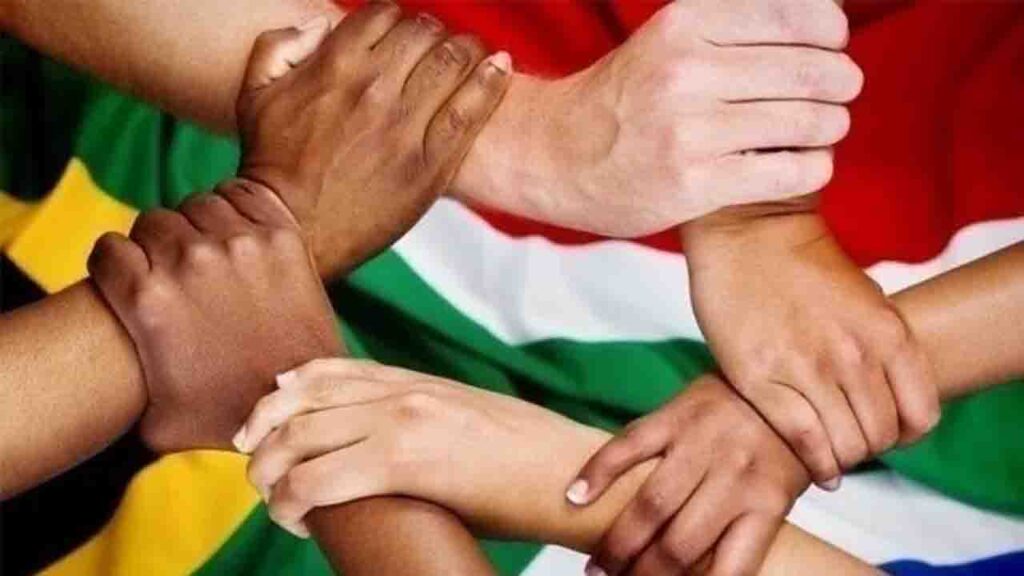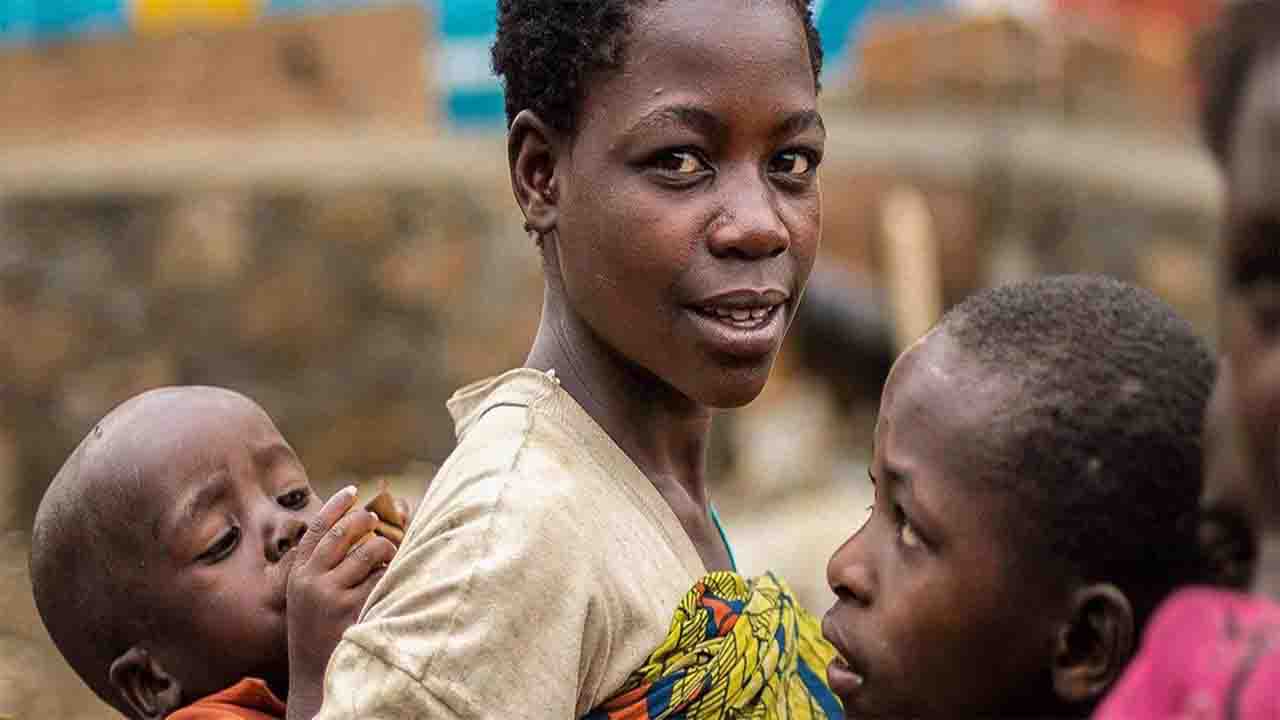Africa (Commonwealth Union) _ A widely circulated video has gained significant attention, having been shared with me countless times. In this video, a white speaker addresses a European audience, conveying a disturbing message. The speaker suggests that sub-Saharan Africa has historically played a pivotal role in the prosperity of advanced countries, and they express an intent to prevent sub-Saharan Africa from escaping this cycle of poverty, emphasizing its importance for global well-being.

Each viewing of the video not only exposes the concerning agenda of developed nations against Africa but also elicits anger at Africa’s own challenges. The speaker, through their rhythm and facial expressions, appears content with the West’s agenda against an entire continent with nearly 1.5 billion people. They enthusiastically underscore the need to keep Africa impoverished and industrially dependent for the benefit of the Western world. In essence, the speech resembles Walter Rodney’s book “Europe Underdeveloped” and exemplifies a meticulously planned economic warfare against Africa.
Despite Africa’s abundant resources, fertile lands, favorable climate, and a rich cultural heritage, it has faced persistent challenges since the era of transatlantic slave trade. Prior to this tragic period, Africa was home to flourishing civilizations such as Egypt, Kush, Aksum, and Nok, which contributed significantly to various fields of knowledge, including philosophy, religion, science, and art.
The African continent boasts a resilient and resourceful population. However, it has endured centuries of invasion, conquest, and plunder by both Arabs and Europeans. Slavery and colonialism have left a lasting impact, and the Berlin Conference of 1884-1885 marked the official division of Africa among European powers, legalizing its exploitation.
In the mid-20th century, driven by Pan-Africanism and inspired by leaders like Kwame Nkrumah, Julius Nyerere, and Jomo Kenyatta, Africa embarked on a quest for independence. Ghana, under Nkrumah’s leadership, achieved independence in 1957, sparking a wave of decolonization across the continent.
To promote progress, unity, and independence, African leaders established the Organization of African Unity (OAU) in 1963. However, corruption and power retention by some leaders led to instability, military coups, and civil wars. Inexperienced military leaders often became pawns of Western powers, exacerbating economic and political challenges.
While there have been moments of hope, Africa still grapples with issues like drought, famine, poverty, and conflict. Recent years have witnessed an alarming resurgence of coup culture across the continent.
As the 21st century began, hopes were high for Africa’s development, but it has remained entangled in Western conspiracies perpetuated by its own elite. France’s economic exploitation of its former African colonies is a glaring example. Nonetheless, Africa must take action to restore its liberation and secure a lasting freedom, moving forward with determination to overcome its challenges and thrive.








